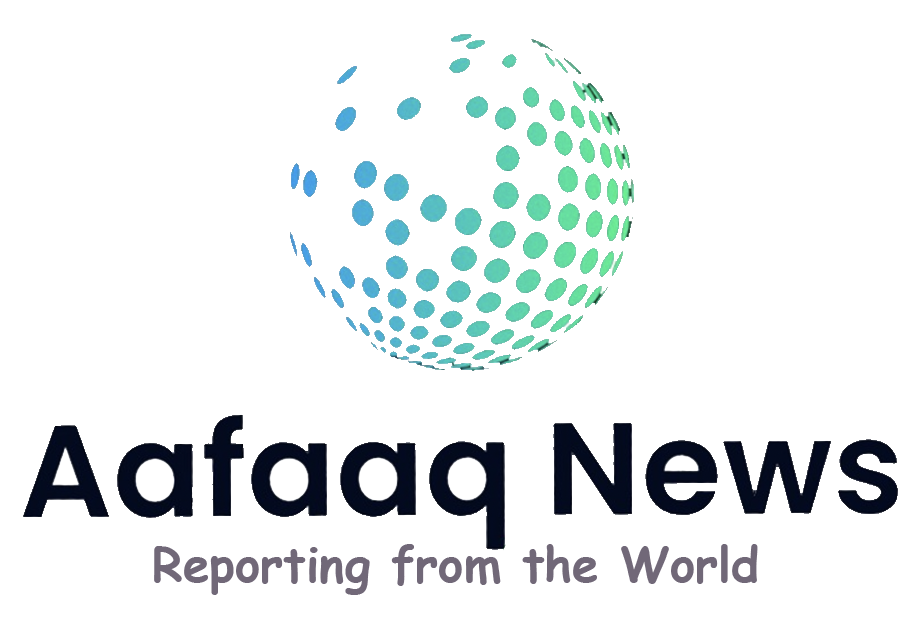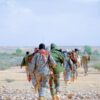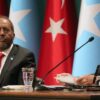In Somalia, the journey of environmental journalism is a perilous task. Against a backdrop of insecurity and threats from armed groups, journalists grapple with the task of shedding light on climate change and its impacts. As the world commemorates World Press Freedom Day, Somali journalists stand as unsung heroes, navigating treacherous terrain to bring attention to pressing environmental concerns.

El Nino, a natural climate phenomenon, has exacerbated the already heavy rainfall in Somalia’s south and central regions, bringing devastating floods and displacing thousands. However, reporting on such environmental crises is fraught with obstacles. Farah Omar Nur, the secretary general of the Federation of Somali Journalists, laments the lack of adequate funding and training for environmental journalism. Despite limited resources, some journalists have undergone training, thanks to initiatives like those supported by the United Nations Assistance Mission in Somalia. Yet, challenges persist.
The logistical hurdles are immense. Infrastructure damage caused by flooding impedes journalists’ access to remote areas where environmental impacts are most severe. Moreover, the pervasive presence of armed groups, including the al-Shabab militant organization, poses a constant threat to independent journalism. The risks are real, but so is the urgency of the environmental crisis.
On World Press Freedom Day, the United Nations underscored the vital role of Somali journalists in reporting on climate challenges. Catriona Laing, the U.N. secretary-general’s special representative for Somalia, emphasized the need for accurate and comprehensive reporting to raise awareness and foster solutions. Indeed, journalism serves as a beacon, illuminating the path towards stability and sustainable development.
The theme of this year’s World Press Freedom Day, “A Press for the Planet: Journalism in the face of the Environmental Crisis,” resonates deeply in Somalia. It underscores the critical role of journalism in confronting the global environmental emergency. Amidst escalating violence and intimidation against environmental journalists worldwide, UNESCO issues a clarion call for enhanced support and governance of digital platforms.
The challenges confronting Somali journalists echo broader trends of threats to press freedom and environmental reporting globally. According to UNESCO, over the past 15 years, nearly 750 journalists covering environmental issues have faced attacks. Moreover, the proliferation of online disinformation exacerbates the already complex landscape of environmental discourse.
In the face of adversity, Somali journalists persevere, driven by a sense of duty to their communities and the planet. Their stories, often told against the backdrop of conflict and adversity, serve as a testament to the resilience of press freedom and the power of journalism in effecting change.
As we reflect on World Press Freedom Day, let us not forget the courageous journalists who brave the odds to bring environmental issues to the forefront. Their voices are indispensable in the fight against climate change and environmental degradation. In supporting and amplifying their efforts, we uphold the principles of press freedom and pave the way for a more sustainable future for all.










